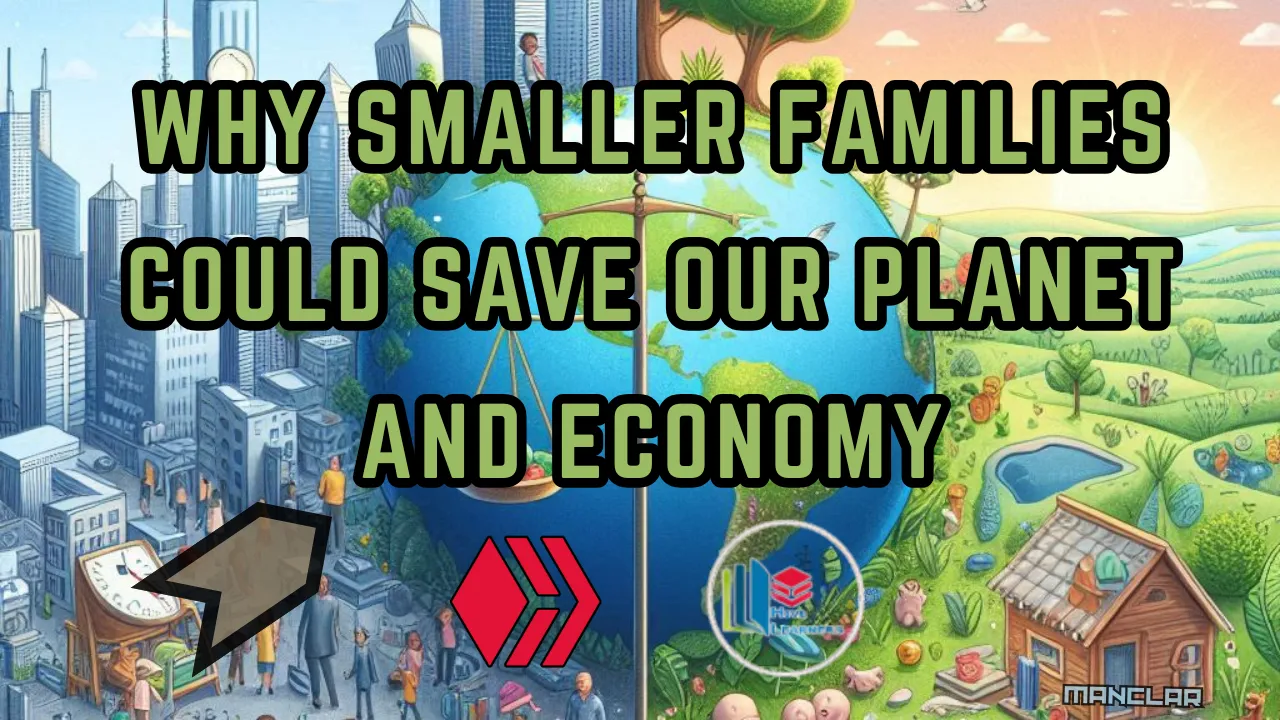
This is a publication based on the suggested topic proposed in the Hive Learners community through their discord, which on this occasion is "Population".
"The greatest threat to our planet is the belief that someone else will save it."
<< Robert Swan >>


Bing AI
Welcome to my blog, usual readers and new visitors to this space. The topic for today is population.
When we talk about this, it is evident to take as a reference the countries that have a large population in the world, such as India, Nigeria, Africa or the United States of North America.
And it is easy to see the problems they have or the number of people they have.
Obviously, being countries with a large number of individuals, the problems they have are an example of how certain policies should be taken and managed.
We must take into account the risks and long-term effects of each of these policies.
To make this analysis, we must take economic, social and ethical considerations.
According to what I have read on the internet, the population is estimated to reach 10 billion people in the world by 2057.
And the problem with this is that it creates an economic instability so that there is sustainability of resources and the allocation of these resources.
So, obviously, this leads to smaller families because the state has to allocate fewer resources.
It spends less money on the allocation of resources in families that are smaller. Not to mention that having a smaller family saves more money.


Bing AI
And I think the new generations are very focused on that.
With such a difficult economy that we have in these times, most countries and most people tend to have the idea in mind of not having children or of having very small families because the cost of living is so high nowadays that the new generations take that path as an option.
Now, the benefits of encouraging smaller families, I think these are evident. They allow economic growth.
The families, having fewer children, will be able to invest more in education and in the health of each child.
So, this happens for the benefit of having more qualified workers, people who have studied because they have been able to have access to studies because the family's economy has allowed them to pay for university for that child or those children.
That, on the one hand, and on the other hand, helps the planet a lot because having a slower population growth means that fewer resources are spent. The ecosystems become more sustainable.
So, we also help the planet by spending fewer resources and also by polluting less because we are going to have smaller families.
This is a topic that must be handled in a delicate way because we also have the aspect of cultural resistance in countries and regions like Ghana or India where the traditional preferences of families are based on having large families.
So, this can be a problem and in order to avoid this, it should be combined with media campaigns and with the education of people in family planning so that these traditions can be carried out and so that they know that having a larger population means that resources are going to run out faster and life is going to be more difficult.


Bing AI
We should also take into account the long-term effects because, for example, if a country decides to pay incentives for the number of children it has, since fewer children are going to be paid with more money, this could temporarily favor birth rates but people could also take advantage of this by having many children.
What they would do is force public funds. By having many children, they would try to get the state to finance this and this should be handled with reforms in education, housing and child care. So, the state should be careful with this.
I believe that the solution to all of this is for education to be integrated and to teach people about family planning and to integrate services so that people are motivated to participate voluntarily and avoid coercive measures.
Maybe this could be a solution, but given the current situation in the countries, I am really not optimistic about it and I don't think this will become possible, but rather a beautiful utopia.
I believe that the solution to all of this is education and going to live in the countryside and being aware that having large families with the current situation of the world and the difficult economy we have in each of our countries is not a good idea to be thinking about stimulating having children and having large families.
Like everything, there has to be a balance and I believe that reducing the population in the long term will bring us more benefits because we will have more natural resources, we will have more abundance of resources all over the planet and we will be able to live better.
But of course, this is only my mentality and my way of thinking.
And as always, I am still a minority that is not taken into account and will hardly be taken into account in the future.
But I prefer to remain a minority and think differently from what other people think.

This is my black cat "manclar", this account is to honor his dead (it happened years ago).

Visit the Neon Strike discord, the game of the future today!
 (Discord)
(Discord)
Credits:
Thumbnail image maded using Bing AI and edited with Canva.com
The text dividers were made by me using aseprite
Post translated from spanish to english using Deepseek AI